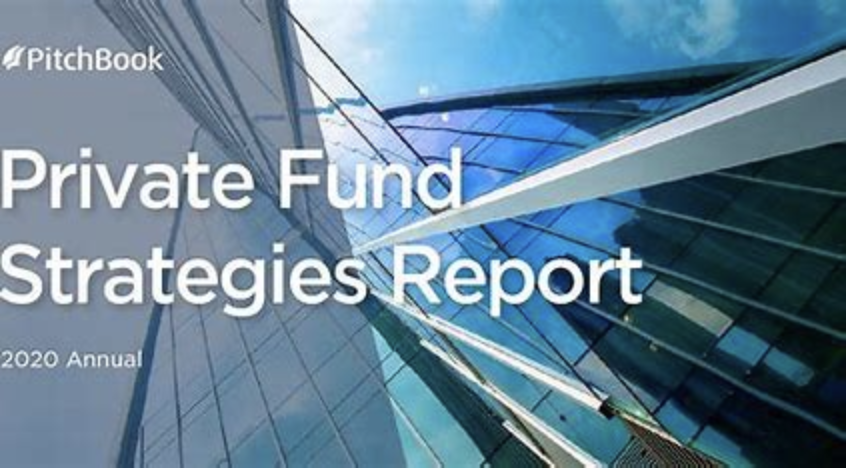Fund Investing: Achieve Financial Growth
For affluent individuals, investing in funds frequently boils down to basic index funds—however, the route to significant financial progress is found in carefully chosen, specialized fund options that combine diversification with focused potential gains. The crucial aspect is not pursuing historical returns; rather, it involves recognizing funds that correspond with enduring trends, utilize skilled management, and provide entry to unique markets.

Prioritize Thematic Funds with Structural Trends
Avoid general market funds—concentrate on niche funds associated with permanent structural changes such as artificial intelligence infrastructure, sustainable aviation fuel, or precision medicine. These funds channel investments into companies that are leading transformative advancements rather than merely engaging with them. For instance, a fund that centers on manufacturers of AI chips and data center operators stands to gain significantly from the $1 trillion global surge in AI expenditure. Seek out themes that offer growth potential over 5-10 years rather than fleeting trends, alongside managers with a proven success record in identifying disruptive leaders.
Public market funds often overlook the most significant growth period for many businesses—private markets. Affluent investors can tap into venture capital (VC) funds, private equity (PE) funds, or growth equity funds that support startups before their initial public offerings or mid-sized companies. Target VC funds that focus on areas such as deep tech or climate technology, where innovation aligns with growth potential. PE funds employing a "buy-and-build" approach—acquiring specialized companies to form dominant industry leaders—frequently yield annual returns of 15-20%, significantly outstripping public market gains.

Select Active Managers with Concentrated Holdings
While passive index funds serve average investors, active managers who maintain concentrated holdings (20-30 investments) tend to excel in volatile markets. These managers engage in thorough analysis to find undervalued opportunities, steering clear of overcrowded stocks. Seek out funds where the manager has a substantial personal investment—this aligns their goals with yours. A healthcare fund manager who invests in biotech companies with innovative therapies (instead of merely major pharmaceutical firms) can provide exceptional returns when clinical trials are successful. Steer clear of "closet indexers" who replicate benchmarks—pursue genuine active management.

Adopt Fund of Funds for Broad Expertise
Fund of funds (FoFs) allocate resources into a selection of other funds, providing immediate diversification across various asset classes, sectors, and fund managers. For affluent investors, FoFs that focus on alternative investments (such as hedge funds, real estate funds, or commodity funds) mitigate risk while granting access to hard-to-navigate markets. For instance, a global macro FoF merges funds that trade in currencies, bonds, and commodities, capitalizing on economic fluctuations. Opt for FoFs with minimal overlapping holdings and managers who have demonstrated success in selecting high-performing funds.
Strategically Adjust to Secure Profits
Fund portfolios may shift over time as certain funds perform better than others. Rebalance on an annual basis to keep your target allocation intact—sell 20% of funds that have increased more than 30% above their target level, and reinvest in underperforming funds with solid fundamentals. This strategy of "disciplined profit-taking" helps avoid excessive exposure to overheated sectors. For instance, if your tech fund rises from 20% to 35% of your portfolio, reduce it to invest in undervalued healthcare or energy funds. Rebalancing transforms market fluctuations into a mechanism for steady growth instead of a threat.
(Writer:Weink)





